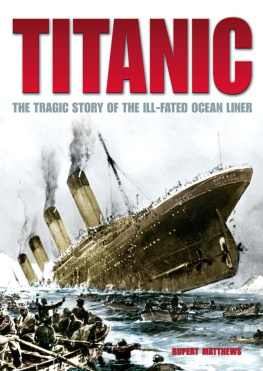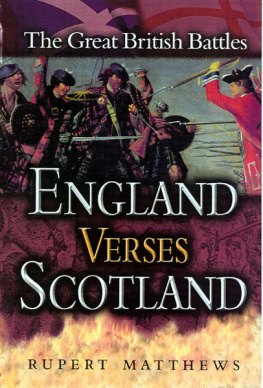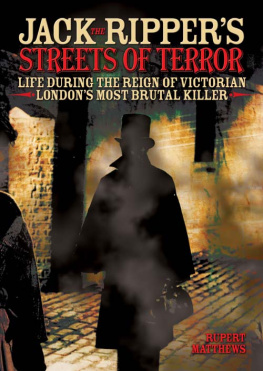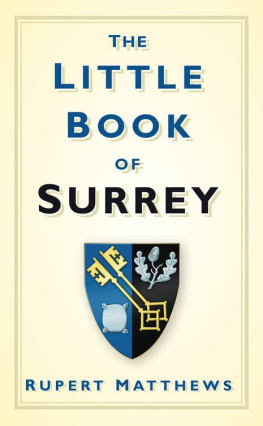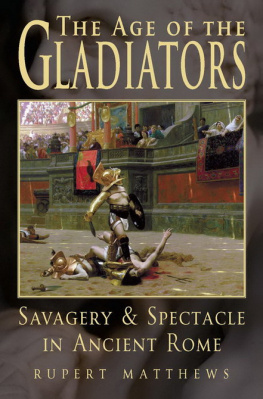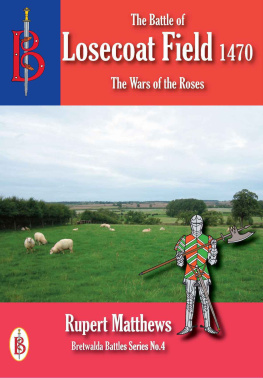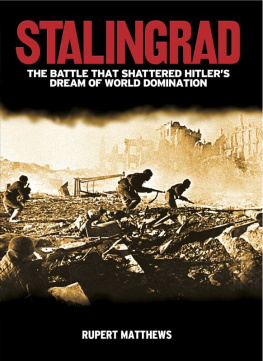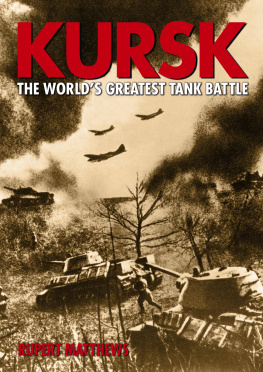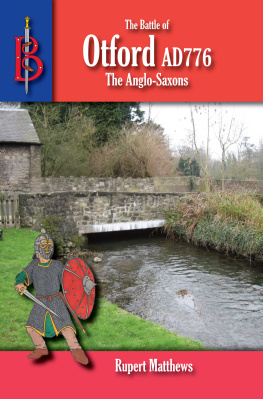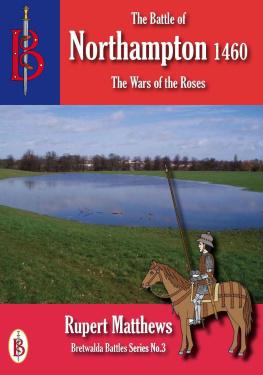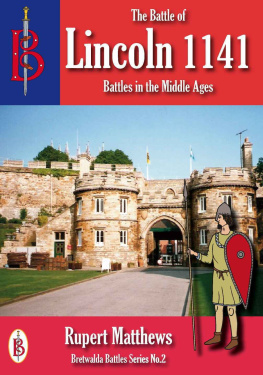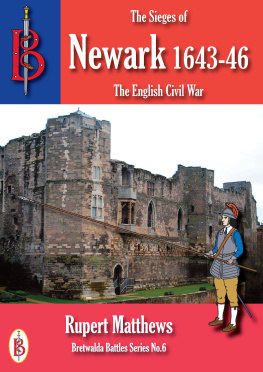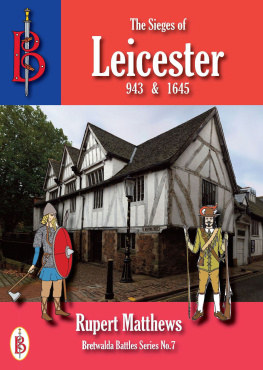Bretwalda Battles
Napoleonic Wars
The Battle of Pulo Aor
by
Rupert Matthews
This series of book has its own FACEBOOK PAGE where you can join the conversation.
*****************
Published by Bretwalda Books
Website : Facebook : Twitter
This ebook is licensed for your personal enjoyment only. This ebook may not be re-sold or given away to other people. If you would like to share this book with another person, please purchase an additional copy for each person. If you're reading this book and did not purchase it, or it was not purchased for your use only, then please purchase your own copy. Thank you for respecting the hard work of this author.
First Published 2012
Copyright Bretwalda Books 2012
ISBN 978-1-909099-10-4
*****************
Contents
*****************
The Napoleonic Wars
The Napoleonic Wars engulfed Europe and much of the world from 1803 to 1815, the fight at Pulo Aor being one of the first conflicts of the wars. As their name suggests the wars were dominated by the ruler of France, Napoleon Bonaparte, though they had their origins some years earlier in the French Revolution.
In 1789 growing economic chaos and governmental bankruptcy had forced the French King Louis XVI to call a meeting of the Estates General, a sort of semi-democratic Parliament. The resulting stalemate between the reforming efforts of the King and entrenched vested interests of the nobility and the Church led the much put-upon commoners to take things into their own hands. Proclaiming a love of Liberty, Equality and Fraternity, the commoners swept away the old order, plunged France into chaos and began a bloodbath of executions and civil wars.
Out of the bloody upheavals emerged a new French state. This new government was dominated by elected officials determined to free society, business and people from the "ancien regime", the old way of doing things. King Louis was executed in January 1793 and his queen Marie Antoinette later that year. Their son Louis XVII died in 1795, by which time France had proclaimed itself to be a Republic and embarked on a series of wars against other European powers that have become known as the French Revolutionary Wars. Those wars were precipitated by the French ambition of exporting their liberal principles to other nations, and the equally fervent desire of absolute monarchs across Europe to destroy the French Republic and its libertarian ideals - though for Britain the wars were more naturally seen as an extension of the centuries old rivalry with France.
At various times from 1793 to 1803 France was at war with Britain, Austria, Russia, Prussia, assorted smaller German states, Spain, Portugal, various Italian states, the Ottoman Empire, Egypt, the Dutch and even the United States. The constant strain of the wars led to internal opposition to the French government. Combined with the constant wars, this made the French military so powerful that it came to dominate the supposedly democratic government.
In November 1799 the army staged a coup, led by General Napoleon Bonaparte, and seized power. The new military government was careful to keep most of the liberal reforms to society, taxation, business and other matters, but its control of political power was complete.
Napoleon Bonaparte (centre) announces the coup of 1799 to the constitutional government that he was ousting from power at the point of the bayonet.
Bonaparte worked over the next few months not only to consolidate his own power within the new military government, but also to achieve peace. In 1801 France signed the Treaty of Luneville with Austria and her allies, then the following year came the Treaty of Amiens with Britain and her allies. Europe was at peace.
It was not to last. When British Prime Minister Henry Addington announced the terms of the Treaty of Amiens there was outrage among the merchants and gentry. Key trading posts, such as Malta in the Mediterranean and Pondicherry in India, were to be handed back to France and Britain was getting little in return. In January 1802 France annexed the Cisalpine Republic, a large area of northern Italy. Although this was not a breach of the Treaty of Amiens it was a clearly aggressive move that confirmed to anti-Treaty forces in Britain that Napoleon was up to no good. The view was strengthened by the French invasion of Switzerland to impose pro-French officials on the locals. The Russian Tsar Alexander I was equally alarmed by the activities of French agents in the Baltic and northern Germany. They seemed to be working toward fomenting liberal revolutions and were promising that the French army would march to the aid of the uprisings.
In February 1803 Napoleon summoned the British ambassador to France, Lord Whitworth to a meeting. Napoleon raged at Whitworth about the failure of Britain to comply with the terms of the treaty, especially the handing over of Malta, and angrily refused to listen to any excuses or to hear anything about French actions. Whitworth left convinced that Napoleon was looking for an excuse to declare war against Britain while keeping at peace with the rest of Europe.
If war did come, and when news of the Whitworth interview became public nearly everyone thought it would come, then a key naval battleground was bound to be the Indian Ocean. Napoleon knew this as well as anyone, which was why he sent for two seasoned campaigners: Admiral Charles-Alexandre Linois and General Charles Decean to give them a powerful military force and some top-secret orders.
*****************
The Campaign in the Indian Ocean
In 1803 the Indian Ocean was a vital trading ground for Britain. Much of this trade came from India itself, but lands further east were also important. The spices from the Dutch East Indies travelled largely in British ships, as did tea from China and a vast mass of other trade to Southeast Asia.
The vast bulk of this trade was in the hands of the Honourable East India Company, commonly known as John Company, which by 1803 was the largest and richest company in the world. So profitable and rich was John Company that it had an army and navy larger than those of most countries. It directly ruled large swathes of India, fought wars against local princes and concluded treaties with other rulers as if it were a state itself and not a mere business venture. The profits of the Company were so vast that it had largely supported the British war effort, not only by paying large sums in taxes but by lending money directly to the British government. Napoleon knew that if he could disrupt the trade of the East India Company he would hamstring the finances of the British government and thus make victory in the coming war easier to achieve.
During the earlier wars between Britain and France, a few French ships had been active in the Indian Ocean. They had snapped up some British merchant ships at huge profit to themselves, but there had never really been enough French ships to disrupt British trade. Most French effort had gone into military campaigns in India itself. They sought both to defeat the armies of the East India Company and to support local princes fighting the British Company. Both objectives failed in the face of British armed might. Napoleon abandoned ideas of land-based conquest and instead looked to the high seas to halt the flow of Eastern wealth to Britain.





